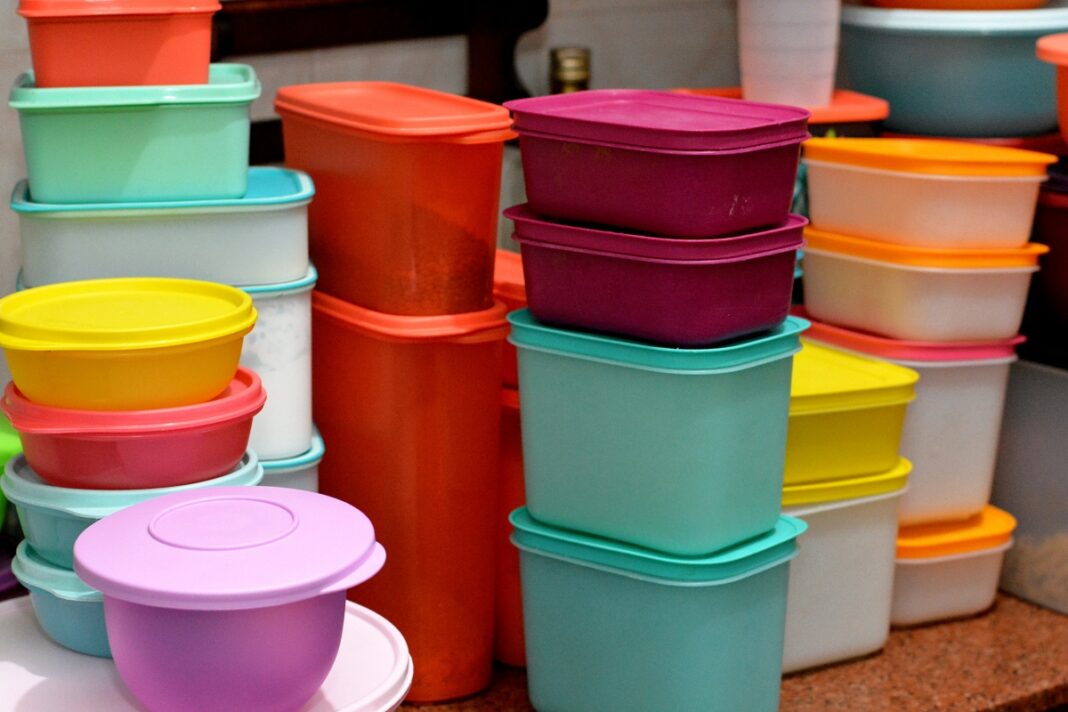In early April, news broke¹ that Tupperware®, the well known US-based food storage brand, is in serious trouble. With rising debts and falling sales, Tupperware warned that it could go bust unless it can quickly raise new financing.²
Tupperware finds itself in this predicament seemingly as a result of a failure to innovate, both in product design and distribution methods, and despite attempts to freshen up its products in recent years and reposition itself to a younger audience.³
As one expert reportedly⁴ commented, Tupperware – while considered innovative many years ago – was perhaps not as inventive and stylish as other (kitchenware) brands such as Joseph Joseph.⁵
Add to its innovation woes the arguable fact that the ‘Tupperware’ brand name has become a common name in general public use (in trade mark speak, ‘generic’) for food storage containers, and Tupperware (the company) faces a task of Herculean proportions to survive, let alone once again prosper.
Tupperware’s problems highlight the need for all businesses to ‘stay relevant’: that is, continually innovate in product and/or service design and delivery to meet the needs and wants of customers. As Peter Drucker⁶ once declared, businesses must “innovate or die”.
In more common parlance, “stay ahead of the pace of change or you’re toast”.⁷
In saying this, it is important to note that innovation doesn’t have to come with a huge price tag: innovation can be small and cheap – it might be a small change in how you do something, or a slight shift in how you communicate what you do.
Big or small, opportunities for innovation are everywhere – you just have to be open to them.
Tupperware’s problems also highlight the need for brand owners to protect their brand name from becoming ‘generic’ – as ‘Escalator’ and ‘Aspirin’, for example, did and ‘Sellotape’ and ‘Jandals’ arguably have (at least in New Zealand).
Stopping a trade mark from becoming generic in New Zealand requires a fine balance of promotion and policing (as Tasman Insulation, the maker of ‘Pink Batts’ insulation, found out in the course of litigation between 2012 and 2015⁸).
Promote the name too much in a manner which makes consumers perceive it as noun, or fail to stop people from using the name as a noun, and brand owners could find themselves in Tupperware’s shoes or, worse, facing a claim to de-register their trade mark.
It will be a huge pity if the lid on Tupperware’s future is firmly sealed shut in the next few months. I, for one, hope the brand can be saved – all it needs (apart from a shed load of money) is the right kind of love.
1. https://www.bbc.com/news/business-65237293 “Tupperware warns of collapse unless it finds funds”. 2. https://www.bbc.com/news/business-65243711 “Tupperware: Why the household name could soon be history”. 3. As fn 2 above. 4. Neil Saunders, managing director of retail at the consultancy GlobalData, see fn 2 above. 5. https://www.josephjoseph.com/. 6. Peter Drucker was an influential Austrian-American author, mentor and consultant who is considered the father of modern business management: https://www.businessnewsdaily.com/10634-peter-drucker-management-theory.html. 7. https://hbr.org/2014/12/innovation-on-the-fly#. 8. See Tasman Insulation New Zealand Limited v Knauf Insulation Limited [2014] NZHC 960 and Tasman Insulation New Zealand Ltd v Knauf Insulation Ltd [2015] NZCA 602


















